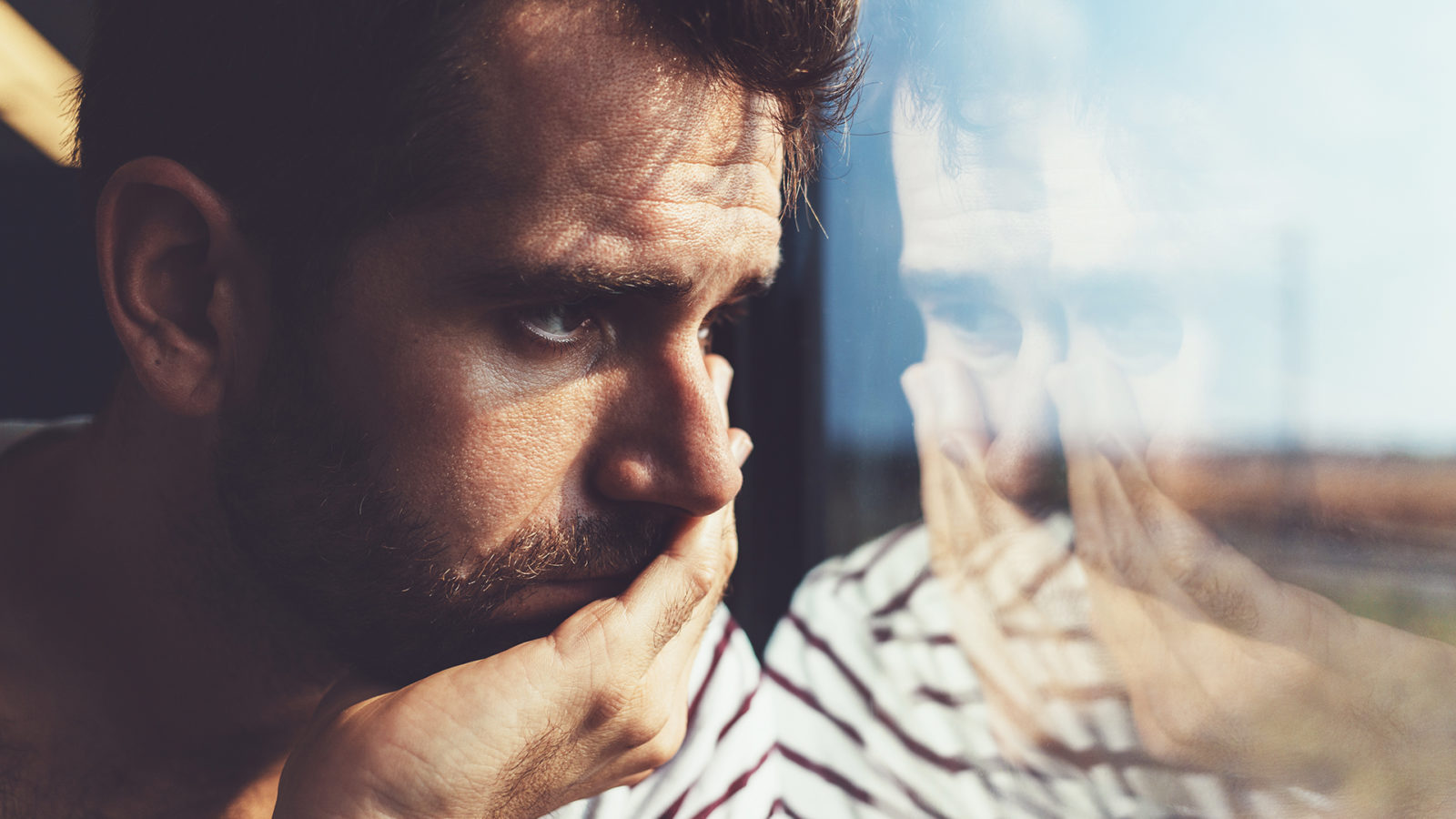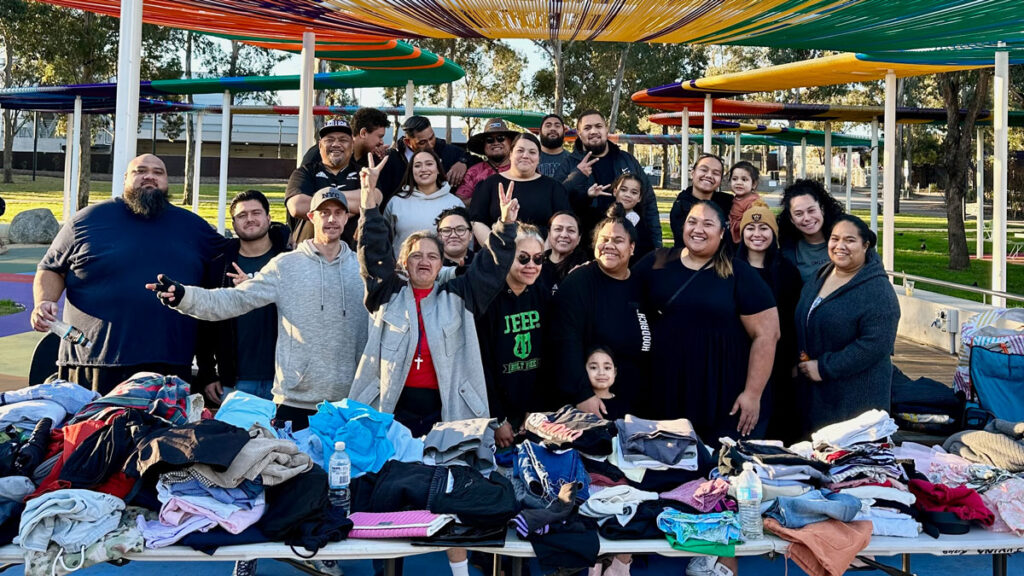A young mum is claiming that she is Britain’s loneliest woman, according to a news.com.au report. The 32-year-old single mother-of-three claims that she goes to the shops to experience adult human contact and that she extends her shopping trips, sometimes by half-an-hour, so she can be around people for longer.
While this may be tempting to write off as one woman’s grab for attention (after all, she did post her story on social media before it was picked up by news outlets), it’s also the case that her story is all too familiar to many people, young and old alike.
Research is showing that an ever-growing portion of the population is experiencing loneliness. While it has often been associated with ageing, there are now clear links to younger people as well. A multitude of individuals and whole groups of people are struggling with it.
The recently released Australian Loneliness Report, from the Australian Psychological Society and Swinburne University of Technology, found one in two Australian adults is lonely at least one day a week. For one in four, loneliness strikes on three or more days a week (The Advertiser, November 12).
Meanwhile, recent reports link loneliness and depression with increased time spent on social media.
Maybe you’ve felt it. I have. Isolated. Fighting through life alone; feeling distant from loved ones and friends. A potent cocktail of insurmountable problems, shame at asking for help and even interpersonal conflict, making it feel like there is nowhere to turn for help or support.
That isolating tendency can become a trap as the lonely person feels like it has become part of who they are. They wallow in it, retreating further into loneliness.
Studies have shown lonely people have poor sleep, diet and exercise habits and it is bad for their overall health.
The problem with loneliness is that it is not just those isolated who are affected. Leading marriage specialist Dr John Gottman cites the Divorce Mediation Project, which found that 80 per cent of marriage breakdowns are caused by “growing apart” and the “loss of a sense of closeness”. Further, Dr Gottman found that most people were driven to affairs due to loneliness.
This problem is not a new one.
Can you imagine the desolate loneliness Adam and Eve may have felt as they looked back to the Garden of Eden? They had blamed each other, lost the community they had experienced with God and were now on their own. I’m sure they took comfort in each other, but also experienced times of loneliness.
Elijah felt he was the only righteous person in Israel (1 Kings 18:22; 19:10). This was a notion that God corrected, assuring Elijah that he wasn’t alone, there was a group of people who followed God and held common beliefs. “Yet I reserve seven thousand in
Israel . . .”
That community of believers still exists today. It is just the group needed to address the epidemic of loneliness in our society. The church is described as a body, a family, the flock—all hold the idea of a common sense of purpose and proximity. To do this effectively we need to let people belong before they believe. Often belief will come after we’ve addressed the deep psychological need for connection and community.
So let’s make it our goal, as people of peace, to connect.
In the lead-up to the end of the year, why not invite someone around for dinner who lives alone? Make an effort to connect with your neighbours using the excuse of the holidays. If you’re not going away or travelling to see family during this time, take the opportunity to invite some people around for a meal and listen to their stories; invest in them.
Try disconnecting from technology during your time off and invest in people instead.
Maybe you’re reading this and you’re the one feeling disconnected and alone. Please find someone you trust—reach out to them and connect.
We the Church can be, indeed should be, the great antidote to loneliness. After all the world will know Who we follow by how we love one another.






